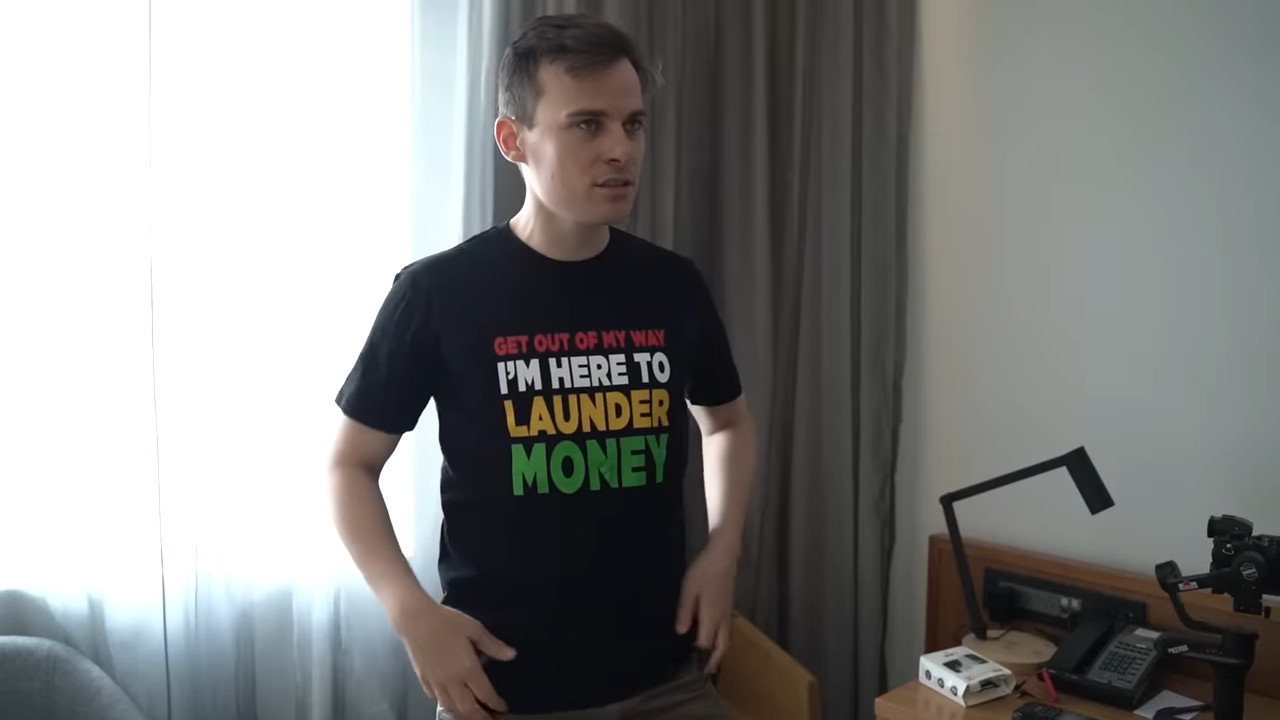

the trend of everyone i don’t like is a nazi
Yes, that’s a real problem, when some people carelessly throw around “nazi” as a generalized slur against bigots. It’s tactless and does trivialise the specific threats that neo-nazis pose, as opposed to the different threats posed by those more imminently harmful politicians (Gina et al is involved in policy making, just indirectly).
We, all of us, need to use more specific ways to describe politics than “nazi commie fascist liberal” buzzwords, because real neo-nazis love to utilise the overuse of “nazi” as cover - if someone who is clearly contradictory to Nazism is called a Nazi and experiences that non-Nazis are called Nazis by “the left”, then actual self-identifying neo-Nazis will exploit this and say “yes, pink-hair SJWs also called all these normal people Nazis too!” when they’re talking about actual crypto-fascists promoting actual neo-Nazi ideology. As part of this tactic, they also like to exaggerate how common this phenomenon is through memes/social media, but it does happen.
But with all that said, it’s not a tough one for me. Someone being legally charged for that is ridiculous, and it’s very clear in context that they are not promoting or glorifying neo-nazi ideology or its persecution. If we charged everyone who used political symbolism poorly, the entire continent would have to be a prison colony again. They’re being harassed for insulting certain politicians, and whether the charge is technically legal or not doesn’t change this.




I’d be fine with mandatory SES training.